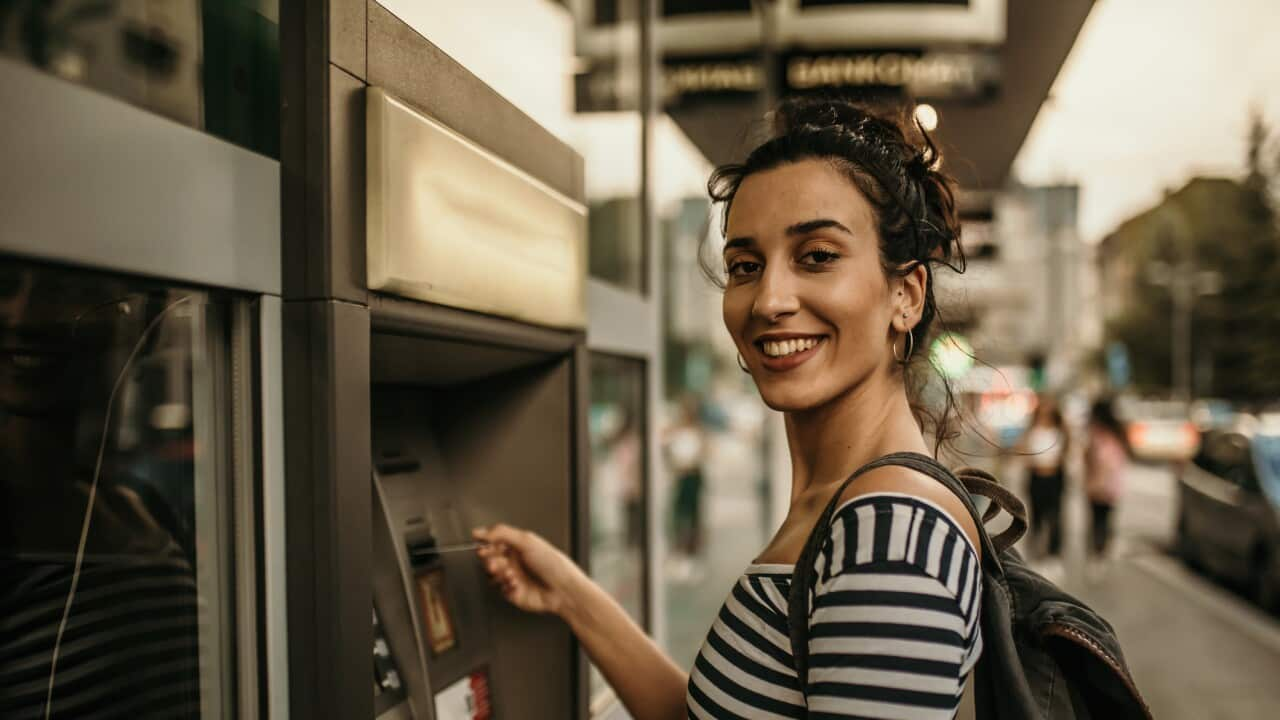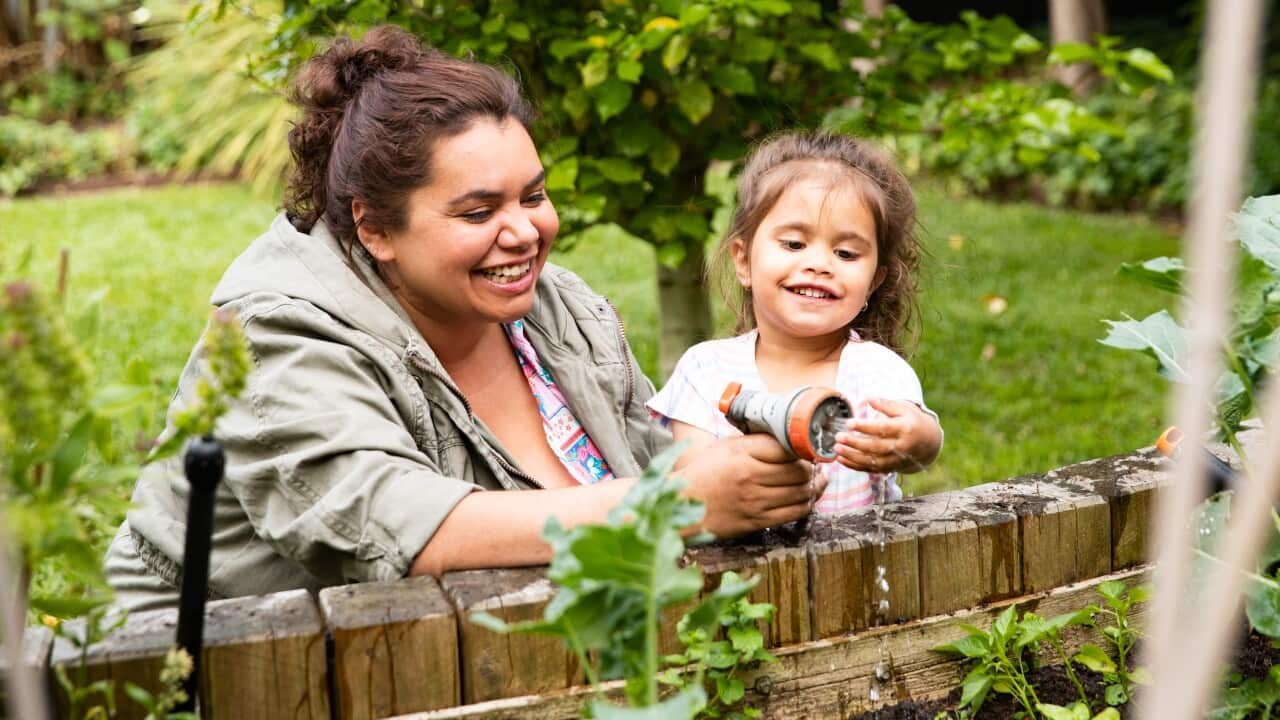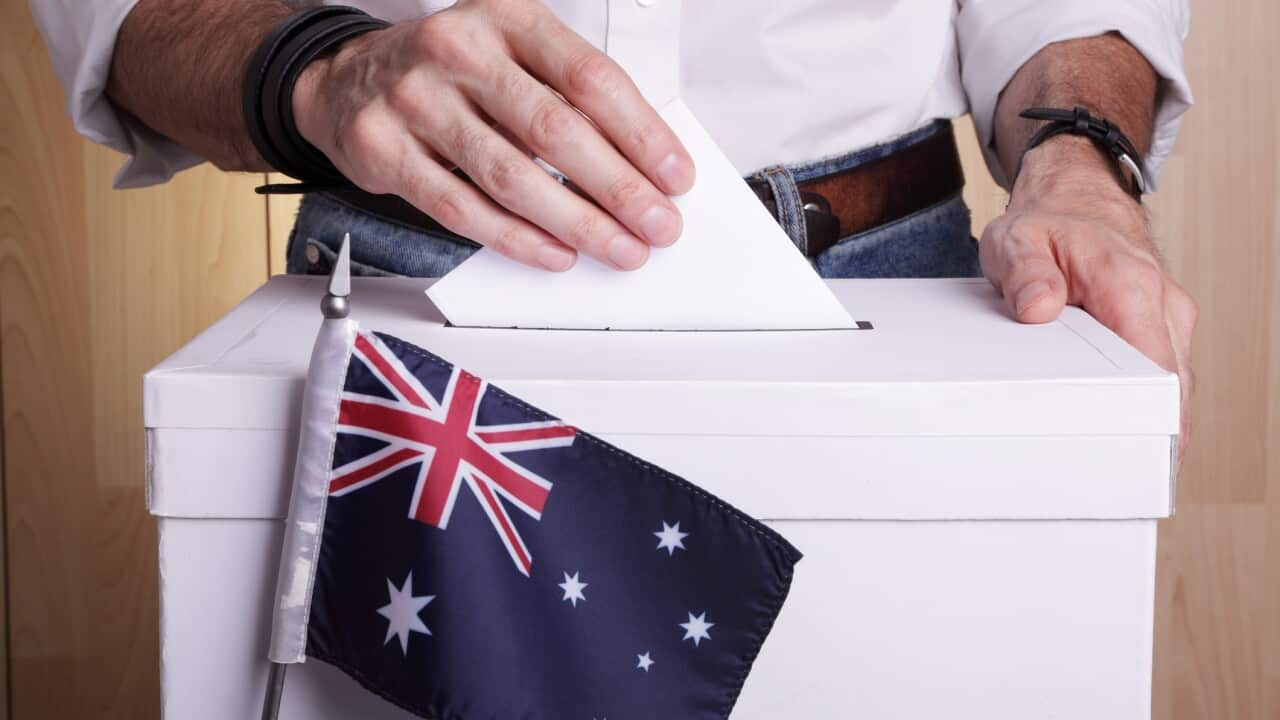Key Points
- You can open an account in person or online.
- Online accounts might have less customer service but high interest rates.
- Avoid monthly fees by shopping around or sticking to the account conditions.
- The Australian government protects your account up to $250,000.
Australians have the choice of banking with more than 100 financial institutions. Because it’s your money you need to make an informed decision about which one works for you.
We talk about ‘bank’ accounts, but we’re really referring to banks, credit unions and building societies. Credit unions and building societies are customer owned.
Four banks dominate the market: ANZ, the Commonwealth Bank, National Australia Bank and Westpac, often referred to as the ‘big four’.
There are many more options out there too, so shop around to see what suits you.
Who needs a bank account?
If you are paid by an employer, receive government benefits, like to pay bills online or want to keep your money safe, you’ll need a bank account. You may even want more than one.
The Australian government’s Financial Claims Scheme guarantees every account holder for up to $250,000. This means that in the unlikely event your financial institution collapses, your money is protected.

The 'big four' banks Source: AFP / PETER PARKS/AFP via Getty Images
Are you eligible to open an account?
Sarah Megginson is a Personal Finance Expert with finance comparison website Finder.
You must be an Australian citizen or resident, but you don't need to be a permanent resident, she explains.
“If you're on a temporary resident visa then you're still eligible to open an account because banks recognise that you likely need an account to transact and to bank your income. If you're just visiting and you don't have permission to be able to study or work in Australia, it can be much trickier to open a bank account.”
You can open an account at any age, however if you're under 18 you’ll just need a parent or guardian to act as a co-signatory.
Types of accounts
There are two main account types to consider.
The first is a regular transactional account. Ms Megginson says the clue is right there in the name.
“That's an account where you'll do all your regular everyday transactions. It might be where you get your pay deposited. It's designed to have money flowing through it.”
You won’t earn interest on a transaction account but you can link it to a credit or debit card.

Your bank account will link to your credit or debit card. Credit: davidf/Getty Images
“And right now interest rates are so high you can earn a really good return on a savings account.”
It’s a great idea to have some money in your transaction account and the rest in a high-interest savings account.
Bank interest
Savings accounts offer various interest rates that can change over time.
Andrew Dadswell is from the Australian Securities and Investments Commission’s website, helping Australians take control of their finances.
If you have a savings account you'll earn interest on your initial savings and on the interest you've earned already, so you get interest on your interest.Andrew Dadswell, ASIC's Moneysmart
“For example, if you have $100 in a savings account with a four per cent interest rate, you'll have $104 at the end of the year, and that amount will compound year after year to grow your savings.“
Any interest you earn is part of your assessable tax income, so make sure you declare it on your tax return.
Consider what type of bank suits you
Are you wanting a bank with a physical presence? Then a traditional ‘big four’ or well-known bank is for you, which you can visit to do your banking.
However you might prefer to conduct business online.
A new breed of bank has emerged in recent years. ‘Neo banks’ or digital banks don’t have a physical premises. They are online only.
Each has a different level of customer service, but they can offer high interest rates.
Perhaps smartphone functionality is important to you. Check which banks allow you to add your credit card to your smart wallet, Google Pay or Apple Pay. Not all banks do.
Applying for an account
It’s as easy as visiting your preferred bank branch or going to their website and following the prompts.
The one hurdle is verifying your identity, Ms Megginson says.
“It can be a bit of an administrative process, but it's also a safeguard for you.”
You’ll need to provide proof of identity which might be your passport, birth certificate or Medicare card.
Usually you’ll go into the bank with your documentation unless it’s an online bank where you’ll be asked to provide digital verification.
Once you're in the system and you have online banking or a phone banking app set up, you can open additional accounts within minutes.

How important is smartphone functionality to you? Credit: andresr/Getty Images
Are you newly arrived and needing an account?
Your identification documentation will be a little different.
“If you're a new arrival, you've got your foreign passport, you’ve got your arrival date in the visa so you need a copy of your visa to make sure that you are here legally,” Mariangela Stagnitti says. She has been assisting migrants with their banking for decades.
New arrivals must register for a Tax File Number with the Australian Taxation Office and provide it to the bank within 30 days to avoid a non-resident withholding tax.
If you’re only here on holiday you won’t be able to open a bank account.
You might also need to transfer money into your Australian bank account from overseas, Ms Stagnitti says.
“Then you've got the exchange rate which plays a massive loss for them.”
Make sure you discuss your options with the bank.
Certain banks might allow you to open an account prior to coming to Australia and ask you to verify your identity at a branch once you arrive. If they're an online bank, they may allow you to apply online, so check with your preferred financial institution.
You don't have to pay fees
If you’re paying fees on a transaction account you should shop around for a better deal, Sarah Megginson says.
There's no need to be paying those fees. You're pretty much donating profits to the bank.Sarah Megginson, Personal Finance Expert, Finder
You can even avoid fees on high-interest savings accounts by meeting certain conditions.
“It might be that you have to add a certain amount of savings, or you can't make any withdrawals. So just make sure whatever bank account you choose, the conditions suit you.”
Subscribe to or follow the Australia Explained podcast for more valuable information and tips about settling into your new life in Australia.
Do you have any questions or topic ideas? Send us an email to [email protected]










